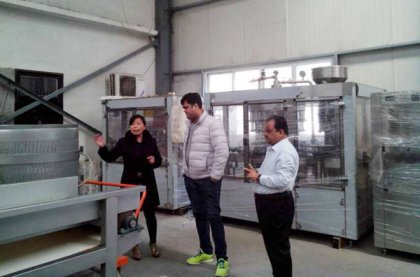What You Need to Know
When fruits and vegetables are fresh-squeezed, some bacteria left on agricultural products can enter the juice. Juice may be contaminated unless the fruit or juice has been pasteurized or otherwise sterilized. In the past, the U.S. Food and Drug Administration (FDA) has received reports of outbreaks of foodborne illness, often called "food poisoning," that have been traced to drinking unpasteurized fruit and vegetable juice and cider. Children, the elderly, pregnant women and people with weakened immune systems can become seriously ill or even die if they drink unpasteurized beverages. Look at the warning on the label to make sure you're purchasing pasteurized fruit juice.
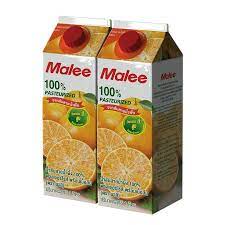 |
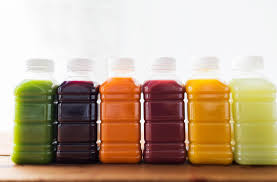 |
Pasteurization is an essential part of the juice production process. The main reason for pasteurizing fruit juices is to make them safe to eat and have a longer shelf life. Since fruit beverage often contain high levels of acidity, UHT treatment is not required, as the high acidity inhibits the growth of bacteria, fungi, and yeasts.
Does Pasteurization Deprive Nutrients From Fruit Juice?
Orange juice is the most consumed product, let's take orange juice as an example to briefly describe how pasteurization works.Orange juice is typically pasteurized at least twice before being sold to consumers. It is pasteurized immediately after being extracted and then pasteurized again before packaging.
.jpg)
The content of Vitamin C is a very important factor of quality in orange juice. Consumers consider orange juice to be a great source of Vitamin C, and it is a highly natural product, very similar to fresh fruit. It has long been thought that most of the Vitamin C in orange juice is destroyed during the pasteurization process. In principle, as with many chemical reactions, the degradation of Vitamin C occurs faster as the temperature increases. Therefore, one might conclude that Pasteurization of fruit juice causes the majority of vitamin C loss. However, during the standardized fruit juice pasteurization process, the juice takes very little time at high temperatures and has a negligible effect on vitamin C.
Plate Pasteurizer
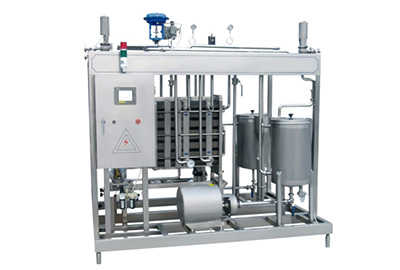
The plate pasteurizer plant is a sterilization equipment specially designed for dairy, juice, beverage, or similar liquid materials. This equipment is an ideal for extending the shelf life of fruit juice beverages through sterilization and cooling. It can carry out different process combinations for different process requirements of heating, sterilization, heat preservation and cooling of different liquid materials. The plate pasteurizer has various security protections. At the same time, according to the requirements of users, the corresponding high-precision automatic control system can be configured.
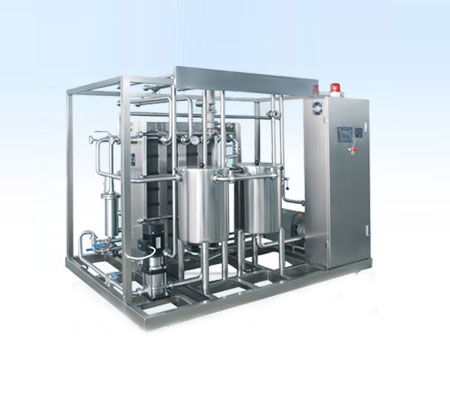
We are always researching how to improve fruit juice pasteurizer to make it as safe and effective as possible. We strive to keep food safe, wherever and whenever.

-lp.jpg)
